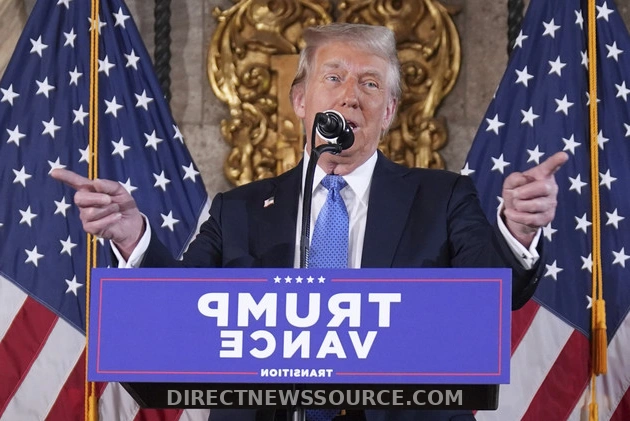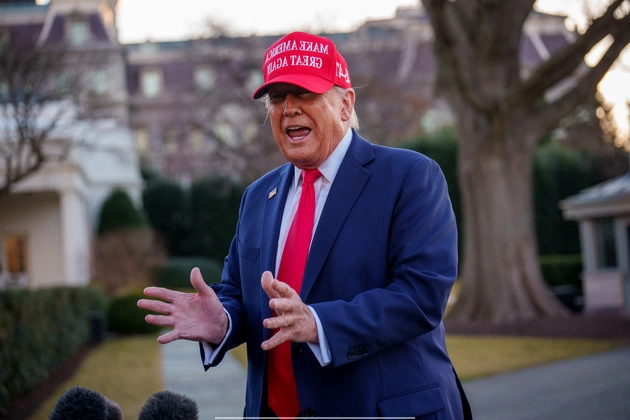
Trump's Controversial Claim on Reclaiming the Panama Canal
President-elect Donald Trump sparked a heated debate by suggesting the U.S. might reclaim the Panama Canal if Panama fails to uphold the 1977 treaty agreements. In a series of social media posts, Trump criticized Panama for allegedly imposing high tolls on American ships navigating the waterway. He argued that historical treaties grant the U.S. the right to reassume control if certain conditions are not met.
While Trump’s statements raise eyebrows, the context behind his remarks remains unclear. Despite China’s growing influence in Latin America and the presence of a Hong Kong-based company managing the canal’s terminals, there is no direct Chinese involvement in its operations. The Panama Canal Authority, an autonomous Panamanian entity, oversees its administration, with no recent indications of Chinese interests in acquiring the canal.
Recent developments, such as José Raúl Mulino’s election as Panama’s president, signal efforts to strengthen ties with the United States. This shift comes after a long history of U.S.-Panama relations revolving around the canal.
The roots of this controversy trace back to the early 20th century when the U.S. signed a treaty with Panama to construct and manage the canal, ensuring its neutrality and overseeing the Panama Canal Zone. However, the dynamics changed in 1977 when agreements were reached to transfer control to Panama by 1999, with the U.S. retaining defense rights.
Despite speculation, legal experts question the feasibility of the U.S. reclaiming the canal under existing treaties. The situation underscores the intricate history and geopolitical significance of this vital waterway.















